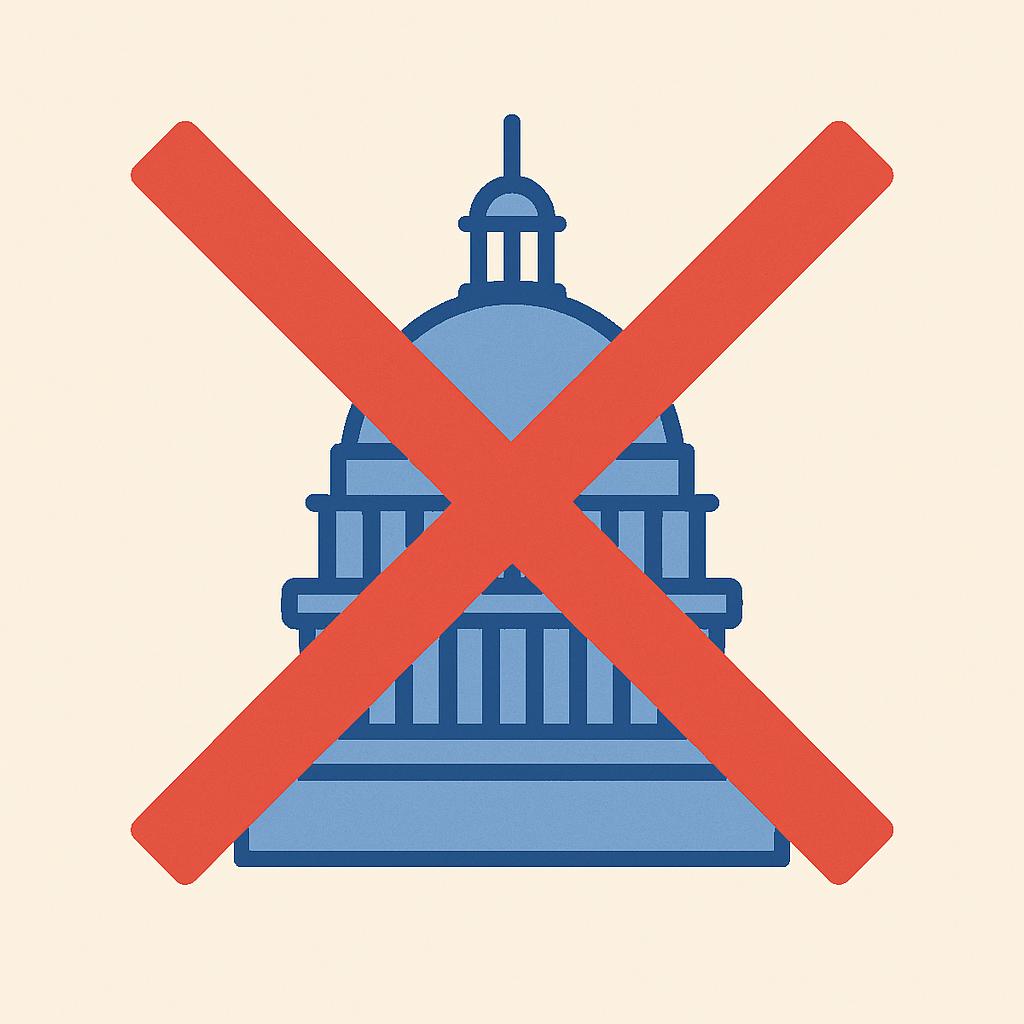How Government Shutdowns Impact Long-Term Rental Management in Southwest Florida
When you own or manage long-term rentals in Southwest Florida, your success depends on consistent cash flow, reliable tenants, and steady property operations. But one factor outside your control—the federal government shutdown—can directly impact the rental management business. While not every shutdown is long or severe, understanding the risks helps landlords and property managers protect their investments.
What a Government Shutdown Means for Rental Property Owners
A government shutdown happens when Congress fails to pass a funding bill. Essential services continue, but many federal agencies—including those tied to housing programs, insurance, and real estate financing—slow down or close temporarily. For rental property management in Florida, that creates challenges ranging from delayed subsidy payments to tenant hardship.

Key Impacts on Southwest Florida Rental Management
1. Delayed Housing Assistance Payments
If your rentals participate in HUD programs or Section 8 housing, payments may be delayed. Shutdowns often stall contract renewals and subsidy disbursements. For property owners relying on these funds, cash flow disruptions can be significant.
2. Tenants Struggling With Rent
Southwest Florida has a large population of federal employees, contractors, and retirees on government benefits. During shutdowns:
Federal workers may miss paychecks, leading to late or missed rent payments.
Consumer confidence dips, and renters may hesitate to sign new leases or renewals.

3. Mortgage & Financing Delays
Shutdowns slow down FHA, VA, and USDA loan approvals, as well as IRS income verifications. That means fewer home sales and more people renting longer—potentially increasing demand for rentals in the region but also delaying refinancing opportunities for investors.
4. Flood Insurance Interruptions
In flood-prone areas like Naples, Fort Myers, and Cape Coral, the National Flood Insurance Program (NFIP) may stop issuing new or renewed policies during a shutdown. This can delay real estate transactions and create risk exposure for landlords with coastal properties.
5. Permitting & Inspection Slowdowns
Some renovations, environmental approvals, or building permits tied to federal agencies may be delayed, slowing property improvements or compliance upgrades.
Why This Matters for Long-Term Rentals in Southwest Florida
Cash flow stability is essential in property management. Even short delays in government payments can ripple across rental portfolios.
Tenant stability is key. Shutdowns increase the chance of late rent or defaults.
Insurance and compliance risks are higher in Florida’s coastal rental market. A flood insurance lapse can jeopardize both property protection and financing agreements.
Strategies for Florida Landlords & Property Managers
To safeguard your rental business during government shutdowns:
Maintain cash reserves to cover at least 2–3 months of expenses.
Evaluate your exposure to HUD or government-subsidized tenants.
Offer flexible lease terms and open communication with renters facing temporary financial strain.
Review insurance coverage and consider private flood insurance as backup.
Stay informed about Congressional negotiations and agency contingency plans.
Final Thoughts: Stay Prepared, Stay Profitable
For property managers and landlords in Southwest Florida, government shutdowns are unpredictable but manageable. By building financial cushions, diversifying tenant bases, and staying proactive with insurance and compliance, you can keep your rental management business resilient—even when Washington, D.C. stalls.


.jpg)
